For the first time since 1997, two drivers set an identical pole position time in a Formula 1 qualifying session, but why did Geroge Russell get top billing over Max Verstappen in Canada on Saturday?
Russell guided a resurgent Mercedes machine to a 1:12.000s lap time around the Montreal Circuit Gilles-Villeneuve and Verstappen matched him moments later in an enthralling qualifying session.
Per Article 39.4 of the FIA F1 sporting Regulations, Russell won pole as he set his time first in the session.
“If two or more drivers set identical times during Q1, Q2 or Q3 or SQ1, SQ2 or SQ3, priority will be given to the driver who set it first.”

It was rather poetic that this piece of F1 history would occur at the circuit bearing Gille Villenueve’s name, as the last time multiple drivers set an identical time in the fight for pole, it was Gilles’ son Jacques who got top honours.
However, the 1997 European Grand Prix at Jerez didn’t see two drivers set an identical pole time, but three.
The ’97 season finale was one of the most dramatic weekends in F1 history.
Williams’ Jacques Villeneuve was in a head-to-head with Ferrari’s Michael Schumacher for title glory and the duo duly posted a 1:21.072s lap time.
Villeneueve’s team-mate Heinz-Harald Frentzen joined the fun in the second Williams to make it a trio of drivers with an identical time.
The three drivers lined up in the order they set their times, Villeneuve on pole, joined on the front row by Schumacher with Frentzen leading row two alongside Arrows driver Damon Hill who remarkably missed out on pole by just 0.058s.
In a race etched into the history books, Villeneuve went on to claim the title after Schumacher’s failed attempt to run his rival off of the circuit.
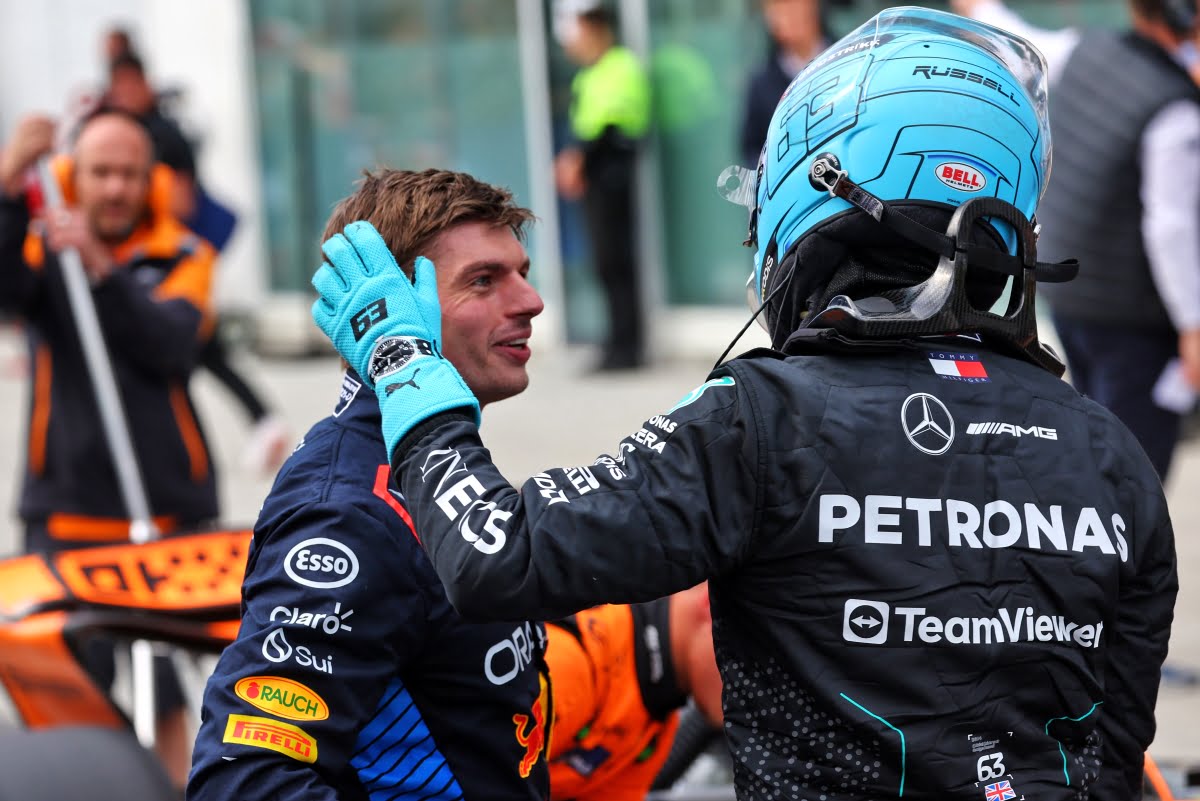


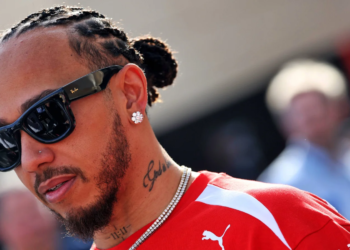
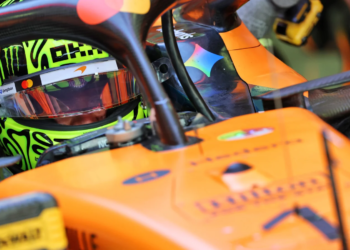
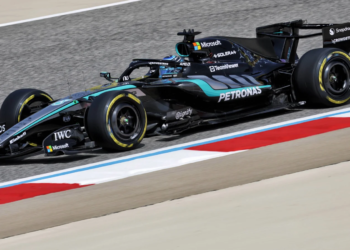

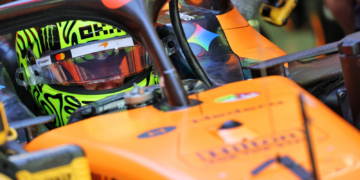
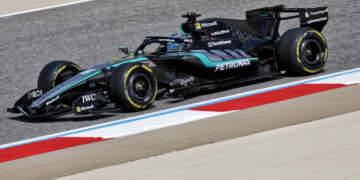
Discussion about this post